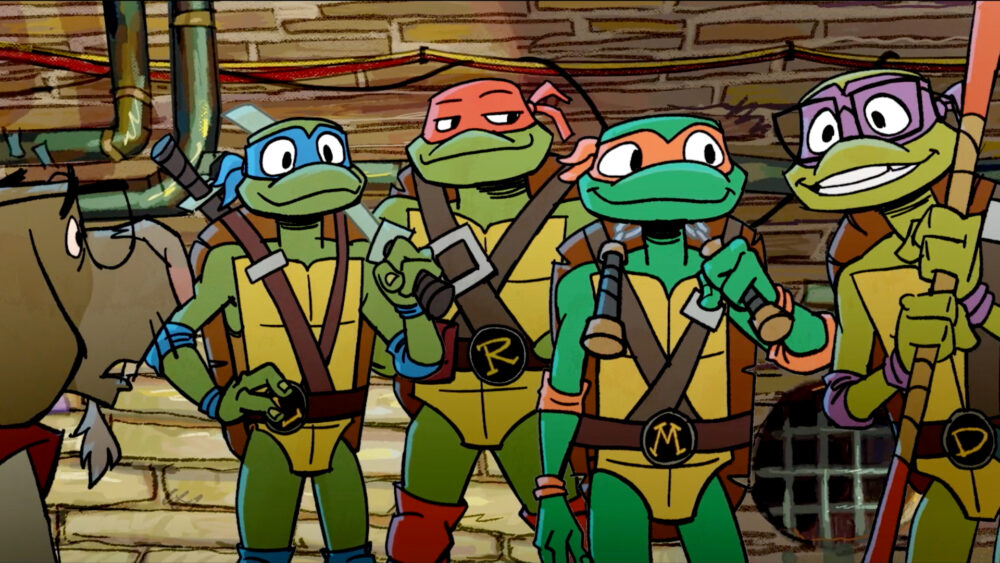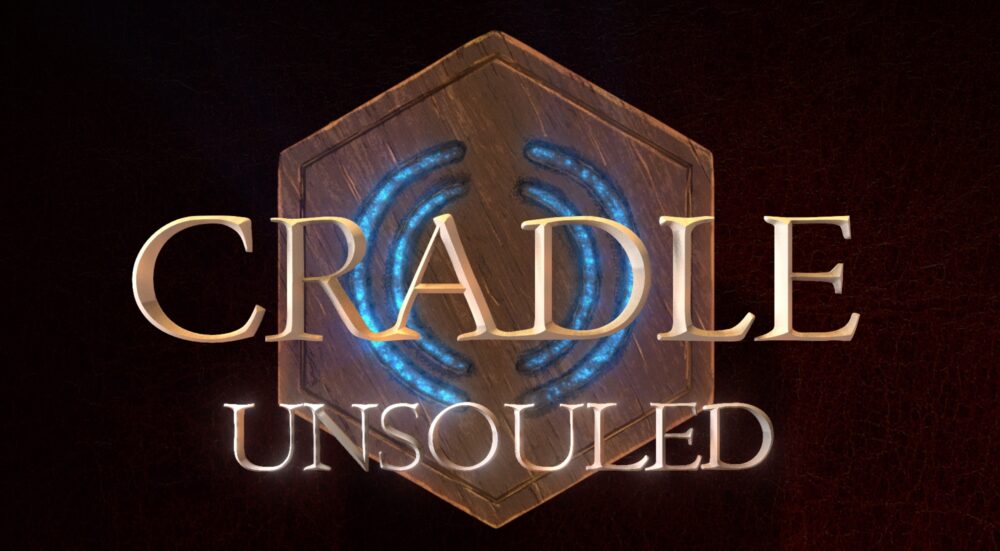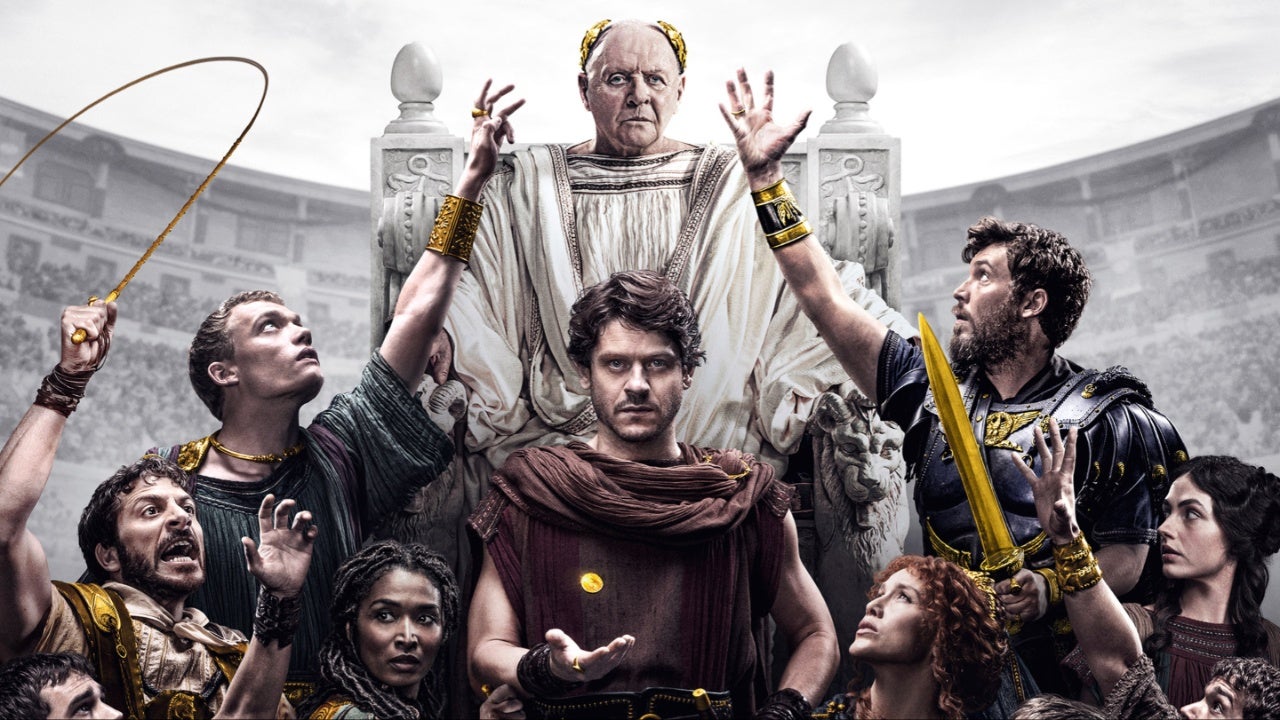For as long as stories have been told, we have had the protagonist. In many situations and in the most fabled of tales, the protagonist is known to us, the audience, as “the good guy” – but this is by no means a requirement.
In the most technical of terms, all this person needs to be is “the leading character or one of the major characters in a drama, movie, novel, or other fictional text”. That’s it. They have no literary obligations to be kind, moral, just, or “the good guy”. And, in my own personal opinion, it is the stories that revolve around the ones who aren’t quite as morally sound as the ones in fairytales, that happen to be the most interesting.
The rise of streaming services has done a lot to disrupt the formerly strict setup of the entertainment industry and studio system. Gone are the days of being obsessed with ticket sales on opening weekends, massive P&A budgets dedicated to a single film, and the reliance on the typical formulaic blockbuster setup that has been the trend for.. well, forever. The goal now is to keep your eyes on their prize.
That is not to say that things have somehow gotten easier. The stakes are higher than ever for HBO, Hulu, Netflix, and others to experiment, push the limits on traditional storytelling, and keep you far away from the cancellation button in your account settings.
 The latest in Netflix’s planned journey of ambitious programming is their show called You, which is already creating quite the buzz with thought pieces and explanations coming from every direction. It is very well done, with a star-studded cast, an 8/10 on IMDB, and a 91% on Rotten Tomatoes (and this somehow all started as a Lifetime show..). Now, I’ll start with the most basic of facts: this show is creepy. But a different kind of creepy from the normal modern day Hitchcockian-thriller that we are seeing more and more of these days. The twist is: the creep is the protagonist of the show. It’s like if Psycho was told completely from the perspective of Norman Bates and we heard almost every messed up thought of his through voice-over; and the plot isn’t too far off either considering Joe Goldberg, You’s star played by Gossip Girl’s Penn Badgley, is also a socially awkward and murderous stalker.
The latest in Netflix’s planned journey of ambitious programming is their show called You, which is already creating quite the buzz with thought pieces and explanations coming from every direction. It is very well done, with a star-studded cast, an 8/10 on IMDB, and a 91% on Rotten Tomatoes (and this somehow all started as a Lifetime show..). Now, I’ll start with the most basic of facts: this show is creepy. But a different kind of creepy from the normal modern day Hitchcockian-thriller that we are seeing more and more of these days. The twist is: the creep is the protagonist of the show. It’s like if Psycho was told completely from the perspective of Norman Bates and we heard almost every messed up thought of his through voice-over; and the plot isn’t too far off either considering Joe Goldberg, You’s star played by Gossip Girl’s Penn Badgley, is also a socially awkward and murderous stalker.
 The writing in this show is good – a little too good. Like I said, we hear the inner thoughts of Joe throughout the entire show and even have – and it pains me to say this – sympathy for the guy in the beginning. He is very normal at first, kicking off the plot by noticing another main character, Guinevere Beck (played by Elizabeth Lail), in a book store where he is the manager, and falling in love at first sight. Cute, right? No! Not cute! Soon, we begin spiraling along with our protagonist into a deep, dark hole of stalking, breaking & entering, and murder. The whole time, I found myself rooting for Joe to just stop being creepy and be a normal boyfriend and live happily ever after.. like a normal person!
The writing in this show is good – a little too good. Like I said, we hear the inner thoughts of Joe throughout the entire show and even have – and it pains me to say this – sympathy for the guy in the beginning. He is very normal at first, kicking off the plot by noticing another main character, Guinevere Beck (played by Elizabeth Lail), in a book store where he is the manager, and falling in love at first sight. Cute, right? No! Not cute! Soon, we begin spiraling along with our protagonist into a deep, dark hole of stalking, breaking & entering, and murder. The whole time, I found myself rooting for Joe to just stop being creepy and be a normal boyfriend and live happily ever after.. like a normal person!

But then I asked myself, “everyone else that’s watching this also thinks it’s messed up, right?”. Are there people who think that his behavior is justified? Because we can hear Joe’s own rationale for his actions and it technically makes sense in the most technical of ways, would someone think that it is okay? You can hope for people to have morals but at the end of the day, some don’t. You can hope that people know the difference between right and wrong, but some don’t. Does the entertainment industry have an obligation to portray the good guy as always winning? Does the “bad guy” always need to be punished? Because in You so far, the bad guy wins, and he wins a lot.
This brings me back to the days of the Hollywood Production Code, which was a set of rules in play from the 1930s to the 1960s dictating what could and could not be in films. Something that was hounded on in these rules was making sure that the audience is sure that evil is wrong and good is right. As a result, “the bad guys” could not win in a film, ever. With so much new content coming out and so many innovative storytelling tactics riling up the masses, maybe they had a point? Didn’t a bunch of people commit murders similar to the ones that were portrayed in the show Dexter?
 Sit on the question of what kind of responsibility Hollywood holds in emboldening those that wish to make their art into reality.. All in all, this show is really great and does a fantastic job at playing with irony in its purest form. There is one scene where Beck’s best friend, Peach (who is also pretty obsessed with her), is secretly looking at Beck in the bathtub, while Joe is secretly watching Peach, and we are (secretly?) watching Joe, which was a great and subtle point of humor in such a dark storyline. The events are predictable, but predictable in a way that highlights the realistic traits of these characters, especially Joe. He’s just a dumb, creepy guy who makes some really bad and unnecessary choices, but man, he sure is charming.
Sit on the question of what kind of responsibility Hollywood holds in emboldening those that wish to make their art into reality.. All in all, this show is really great and does a fantastic job at playing with irony in its purest form. There is one scene where Beck’s best friend, Peach (who is also pretty obsessed with her), is secretly looking at Beck in the bathtub, while Joe is secretly watching Peach, and we are (secretly?) watching Joe, which was a great and subtle point of humor in such a dark storyline. The events are predictable, but predictable in a way that highlights the realistic traits of these characters, especially Joe. He’s just a dumb, creepy guy who makes some really bad and unnecessary choices, but man, he sure is charming.

Events
Paramount+ Reveals Official Main Title Sequence for the Upcoming Series TALES OF THE TEENAGE MUTANT NINJA TURTLES

During the TALES OF THE TEENAGE MUTANT NINJA TURTLES panel earlier today at San Diego Comic Con, Paramount+ revealed the official main title sequence for the series. The sequence is composed by EMMY® nominee, Matt Mahaffey, known for his work on Sanjay and Craig, Rise of the Teenage Mutant Ninja Turtles, and Rise of the Teenage Mutant Ninja Turtles: The Movie and much more.
From the studios of the Mutant Mayhem film, the all-new Paramount+ original series TALES OF THE TEENAGE MUTANT NINJA TURTLES explores the adventures of everyone’s favorite pizza-loving heroes as they emerge from the sewers onto the streets of NYC. Leo, Raph, Donnie and Mikey are faced with new threats and team up with old allies to survive both teenage life and villains lurking in the shadows of the Big Apple. The series is produced by Nickelodeon Animation and Point Grey Pictures.
TALES OF THE TEENAGE MUTANT NINJA TURTLES is executive produced by Chris Yost (The Mandalorian, Thor: Ragnarok) and Alan Wan (Blue Eye Samurai, Rise of the Teenage Mutant Ninja Turtles, Teenage Mutant Ninja Turtles [2012 Series]). Production is overseen for Nickelodeon by Claudia Spinelli, Senior Vice President, TV Series Animation, Nickelodeon, and Nikki Price, Director of Development and Executive in Charge of Production.
In addition to the upcoming new series, stream all things Turtles on Paramount+.
Events
Comic-Con 2024: Those About to Die Activation
Events
DISNEY+ CASTS DANIEL DIEMER AS FAN-FAVORITE ‘TYSON’IN SEASON TWO OF “PERCY JACKSON AND THE OLYMPIANS”

in Hall H at San Diego Comic-Con, Rick Riordan and Disney+ revealed that Daniel Diemer (“Under the Bridge”) will star as fan-favorite cyclops “Tyson” in the epic adventure series “Percy Jackson and the Olympians.” Diemer joins Walker Scobell (Percy Jackson), Leah Sava Jeffries (Annabeth Chase) and Aryan Simhadri (Grover Underwood) as a series regular. The Disney+ Original series from Disney Branded Television and 20th Television will start filming its second season next week in Vancouver.
Season two of “Percy Jackson and the Olympians” is based on the second installment of Disney Hyperion’s best-selling book series titled “The Sea of Monsters” by award-winning author Rick Riordan. In the new season, Percy Jackson returns to Camp Half-Blood one year later to find his world turned upside down. His friendship with Annabeth is changing, he learns he has a cyclops for a brother, Grover has gone missing, and camp is under siege from the forces of Kronos. Percy’s journey to set things right will take him off the map and into the deadly Sea of Monsters, where a secret fate awaits the son of Poseidon.
Diemer stars as Tyson – a young Cyclops who grew up all alone on the streets, and finds it difficult to survive in the human world. Shy and awkward, with a heart almost as big as he is, Tyson soon discovers that Poseidon is his father, which means Percy Jackson is his half-brother… and that Tyson may have finally found a home.
Diemer recently starred in the Hulu limited series “Under the Bridge” based off the critically acclaimed book of the same name and a tragic true story of a missing teen girl in Vancouver in 1997. He will next star in the indie “Thug” opposite Liam Neeson and Ron Perlman for director Hans Petter Moland. Daniel was recently seen as the lead in the indie “Supercell” opposite Alec Baldwin and Skeet Ulrich and the lead in the film “Little Brother” opposite Phil Ettinger and JK Simmons. Daniel can also be seen in the Netflix series “The Midnight Club” and recently starred as the male lead in the breakout hit Netflix feature “The Half Of It” from producer Anthony Bregman and director Alice Wu. He is a graduate of Victoria Academy of Dramatic Arts in Vancouver.
Created by Rick Riordan and Jonathan E. Steinberg, season two of “Percy Jackson and the Olympians” is executive produced by Steinberg and Dan Shotz alongside Rick Riordan, Rebecca Riordan, Craig Silverstein, The Gotham Group’s Ellen Goldsmith-Vein, Bert Salke, The Gotham Group’s Jeremy Bell and D.J. Goldberg, James Bobin, Jim Rowe, Albert Kim, Jason Ensler and Sarah Watson.
The first season of “Percy Jackson and the Olympians” is available on Disney+
-

 Interviews1 day ago
Interviews1 day agoInterview With Heroes & Villains Creative Director Doug Johnson
-

 Streaming1 day ago
Streaming1 day agoApple TV+ announces season two for delightful kids and family series “Camp Snoopy
-

 Events1 day ago
Events1 day agoThat’s My E Coverage Of The Adult Swim’s Pirate Parrrty
-

 Events13 hours ago
Events13 hours agoParamount+ Reveals Official Main Title Sequence for the Upcoming Series TALES OF THE TEENAGE MUTANT NINJA TURTLES
-

 Events16 hours ago
Events16 hours agoDISNEY+ CASTS DANIEL DIEMER AS FAN-FAVORITE ‘TYSON’IN SEASON TWO OF “PERCY JACKSON AND THE OLYMPIANS”
-

 Interviews17 hours ago
Interviews17 hours agoComic-Con 2024: Will Wight’s Cradle
-

 Events16 hours ago
Events16 hours agoComic-Con 2024: Those About to Die Activation



